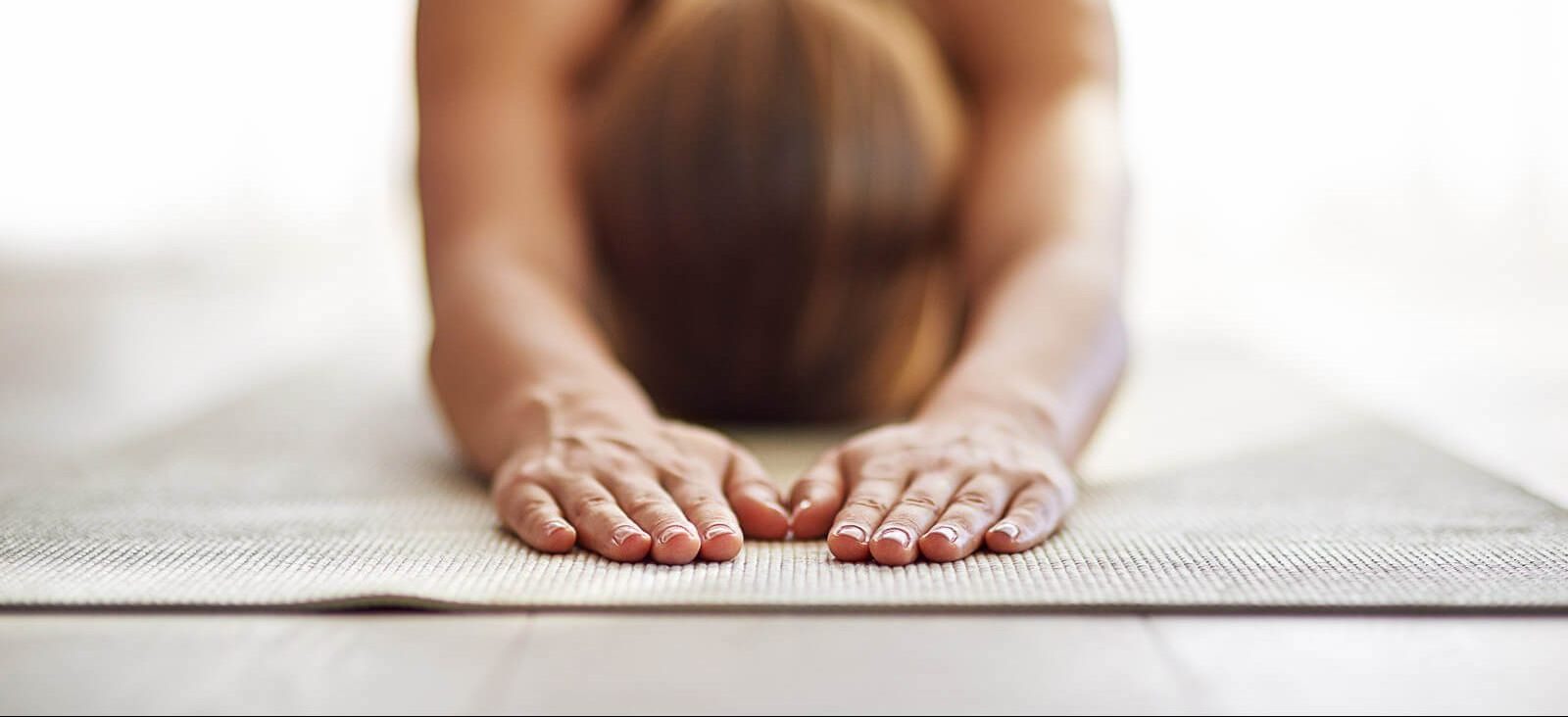The term ‘hypermobile’ simply means that your joints are more bendy than usual. Being hypermobile is not necessarily a medical condition and it may even be an advantage to certain people (dancers, musicians and athletes).
However, if the hypermobility in your joints starts to give you other symptoms such as pain, you may have joint hypermobility syndrome.
![]() What causes Joint Hypermobility Syndrome?
What causes Joint Hypermobility Syndrome?
- Ligaments – with hypermobility syndrome, joints can become lax because the body’s connective tissue is too stretchy. The collagen fibres in the ligaments (which usually give them strength) is altered by chemical processes in the body and there is strong evidence to suggest this may be genetic.
- Bones – although not a common cause of hypermobility, if your socket joints are particularly shallow (shoulders, hips) this may increase the movement in the joints and cause subluxations or dislocations.
- Muscle tone – if muscle tone is an issue or if your muscles are weak, this may affect the support around the joints.
- Joint proprioception – joint hypermobility may alter the way someone can sense the joint movements in space.
What are the symptoms of Joint Hypermobility Syndrome?
- Bendy joints.
- Pain – this is common, especially if you are suffering injuries as a result of the bendy joints (e.g. strains and sprains).
- Muscle stiffness – this may occur due to fluid in the joints as a result of your body trying to heal any small injuries.
- Fatigue – your muscles may have to work twice as hard to stabilise the joints and this can make you feel more tired.
- Joint dislocations of subluxations.
The hypermobility spectrum is large and whilst some people have pain but still manage this with physiotherapy or medication, others may struggle because they have a Heritable Disorder of Connective Tissue (HDCT). These are more serious conditions and include things like Ehlers-Danlos syndrome, Marfan syndrome, Osteogenesis Imperfecta and Stickler syndrome.
For more information go to https://www.arthritisresearchuk.org/arthritis-information/conditions/joint-hypermobility.aspx
Please contact Lifecare Joondalup Physiotherapy on 9301 4711 if you would like to book an appointment or find out more information.

